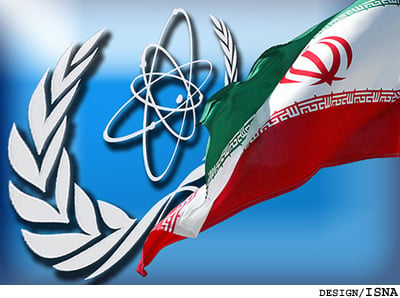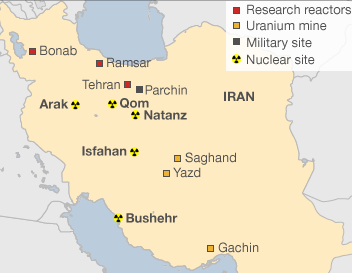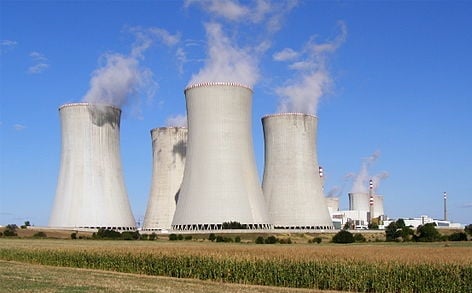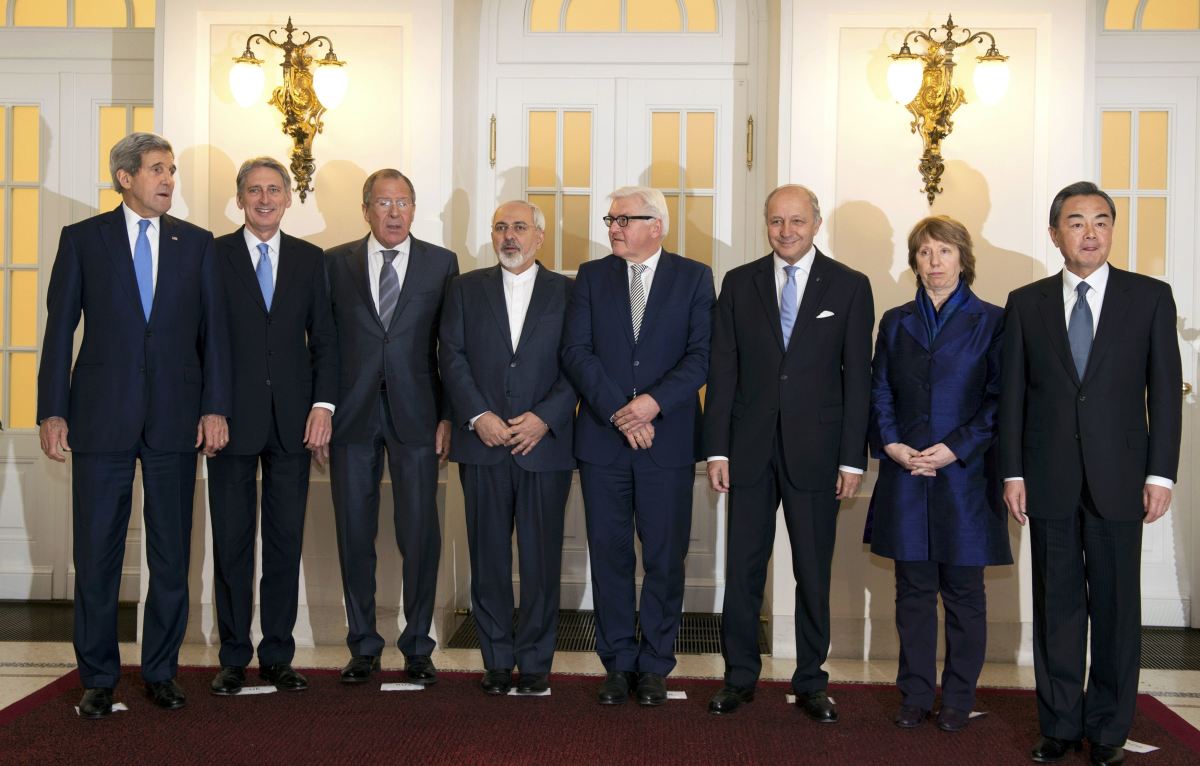The Iranian Nuclear Program

Over the past decade, the Iranian nuclear program has been the focus of widespread news coverage. Despite repeated insinuations and accusations, there is still no proof that Iran is building a nuclear weapon. The United Nations has consistently inspected Iranian nuclear facilities, finding no evidence for a weapons program. So why is the United States so determined to show otherwise? What will become clear in this article is the less reported side of the story, including false intelligence reports doctored by US politicians to trigger war with Iran.
Prelude to the Iranian Nuclear Crisis
After 9/11 and the American invasion of Afghanistan, an opportunity for peace arose between Iran and America. Iran had almost gone to war with the Taliban in 1998, and following the American invasion, the two countries worked together to form a new Afghan government. Talks developed to encompass other mutual concerns, and hopes for a restoration of relations were roused.
However, hardliners on both sides were against re-engaging diplomatic ties, and the first side to publicly discredit the idea was the United States. In 2002, President Bush gave a State of the Union address that accused Iran of exporting terror and pursuing weapons of mass destruction for use against America and Israel. Bush included Iran in the axis of evil; a group of countries that were surreptitiously plotting to proliferate war, terrorism, hatred and blackmail.


The Iranian Response
Iran was surprised and disappointed by Bush's speech. Javad Zarif, Iran's U.N. ambassador at the time, said: "We were all shocked by the fact that the US had such a short memory and was so ungrateful about what had happened just a month ago". The shock U.S. turnaround may have been in response to Israeli pressures. Israel had alleged Iranian arms were on their way to Palestinian militants.
Surprisingly, Iran made a conciliatory offer of peace in May 2003. In the form of a letter, Iran offered to help disarm Hezbollah, end support for the Palestinians, be completely open about their nuclear program, and help stabilize Iraq. In return, Iran wanted a statement to be issued by the Americans saying `Iran does not belong in the axis of evil', an end to U.S. hostilities and sanctions, and for the U.S. to end their support and training of the anti-Iranian terrorist outfit, Mujahideen-e-Khalq. The letter was ignored in Washington, and according to the then chief of staff to Colin Powell, the hardliners responded with: “We don’t talk to evil”. With an offer of peace snubbed, the hardliners in Iran won their right to dictate the issues, and the conservative President Mahmoud Ahmadinejad was elected in 2005.

The Propaganda Campaign Against Iran
The media have been portraying the Iranians as anti-Semites. However, calls for the dissolution of Israel are anti-Zionist rather than anti-Semitic. In fact:
- Iran is home to the second largest population of Jews in the Middle East (after Israel).
- There are hundreds of Jewish synagogues in Iran.
- Jews have a reserved seat in the Iranian Parliament.
- Leader of the Iranian Revolution, Ayatollah Khomeini, recognized Jews as a minority that deserved protection. He distinguished Jews from Zionists (supporters of Israel), and supported the Jewish faith.
America Targets Iran's Nuclear Program
The Iranian nuclear program had been initiated by America in the 1950s, but it's a little known fact that after the Iranian revolution in 1979 (that installed the current regime), Ayatollah Khomeini dismantled the nuclear program because he believed the weapons were an unnecessary evil. After a bloody war with Saddam Hussein ended in 1988, Iran initiated a civilian nuclear program in 1990 with international co-operation from Russia.
In 2002, Iran became a victim of the changing political environment in the United States. Their 12 year old civilian nuclear program suddenly became the focus of widespread media attention. The public were bombarded with fear-inducing news stories about Iran, mirroring the kind of coverage that preceded the Iraq War. Indeed, from 2001 to 2003, the high frequency of news bulletins concerning Iraq culminated in intelligence reports falsifying Iraq’s WMD capabilities. The American and British governments had been using the media to campaign for public support for the Iraq war. The current propaganda campaign for war with Iran is an alarming consequence of the effectiveness of this ploy.
Common misconceptions have been promoted by politicians and their obeisant news networks (see right). Both groups say `we can’t let Iran have nuclear weapons', a statement that implies Iran wants nuclear weapons, and is in the process of building them covertly.
The truth is Iran has issued a fatwa against nuclear weapons, and allows the United Nation’s International Atomic Energy Agency (IAEA) to continually inspect their civilian nuclear plans. Iran is a member of the nuclear non-proliferation treaty (NPT), and has not violated the terms that allow it to build nuclear power stations. To put this into perspective, Israel is not a signatory to the treaty, they do not allow IAEA inspectors to assess their nuclear activities, they have covertly built a number of nuclear weapons, and yet they garner the praise and support of America.

Another False Intelligence Report
Mirroring the Iraq War, the media furor surrounding Iran culminated in the publication of a false intelligence report. In 2006 the U.S. House of Representatives published a report claiming Iran had enriched uranium to weapons grade levels (90% enrichment). However, the IAEA had found no such enrichment, instead finding levels consistent with the needs of a civilian nuclear program (3.6%). Furthermore, the report claimed Iran had covertly produced an isotope of polonium. The IAEA stated the American claim is misleading because Iran is not required to disclose polonium-210 production under the terms of the NPT.
The IAEA response called the U.S. report “erroneous, misleading and unsubstantiated”, stating the issues described above. If the IAEA hadn't stepped in, this false intelligence about Iran’s nuclear activities could have sparked a war. A Western diplomat pointed out the obvious, describing the American report as “déjà vu of the pre-Iraq war period”.

Recent Developments in the Iranian Nuclear Crisis
In 2009, IAEA director Mohammed ElBaradei reiterated that “there is no indication that Iran has a nuclear weapons program” (see video). Even some of America’s own politicians and agencies have spoken out against the incrimination of Iran by their government. A 2007 National Intelligence Estimate stated stated: “Iran halted its nuclear weapon program in 2003”. This report, that took four years to surface, was welcomed by IAEA Director ElBaradei, who told reporters in Brasilia that the U.S. assessment had been a "sigh of relief for the IAEA because the conclusions were similar to its own".
In 2012, the U.S. defense secretary, Leon Panetta, said Iran is not building a nuclear weapon. Instead, he claimed Iran is “laying the groundwork” for building a weapon someday. Given that civilian nuclear reactors and medical research could be construed as groundwork for nuclear weapons, what does this statement mean? Is he saying the world should deny Iran their treaty-bound right to civilian nuclear power?
The fact that Iran has enriched uranium to 20% for use in medical research may alarm some analysts. However, the August 2012 IAEA report stated that the enriched uranium has been converted into an oxide for use in medical reactors. Once oxidized, it is very difficult to enrich to weapons grade purity (90%). Nevertheless, American politicians will interpret IAEA reports for their own political ends (see video), and the sad truth is that many ordinary people will believe them.
Do you trust what the American government says about Iran?
Summary
It is important not to regard America as the world’s policeman. America has political objectives that are pursued and promoted through the publication of false intelligence reports and media propaganda campaigns. There is absolutely no proof that the Iranian nuclear program has military applications, and every reason to believe that Iran has been falsely and purposefully incriminated by the U.S. over the past decade. To end with a short aphorism: Objectivity is diminished when trust deviates from neutrality. America does not like or trust Iran, so we should not expect an objective analysis of the facts.







